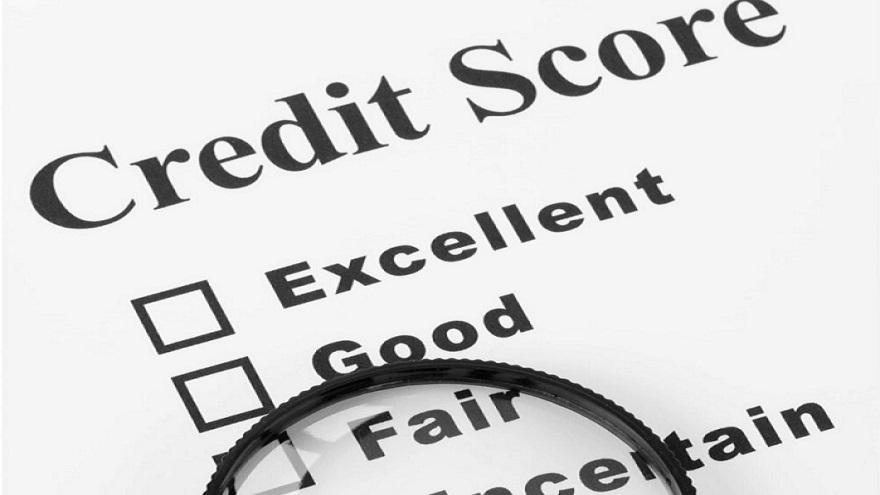Each credit rating agency has its own methods of calculating a credit score, and so do financial institutions. These are all based on available information, and not every organisation will have access to the same data. The calculations themselves are kept secret from the public. Meaning that we cannot precisely say what goes into a credit score. However, we do have a general idea of what factors will influence the final outcome.
What are the factors that will affect your credit rating?
1. Payment history
Your payment history takes into account whether you’ve been paying off your debts like credit cards, loans, and mortgages. In this case, a single missed payment probably won’t hurt you all that much; several missed payments will almost certainly send your credit score crashing down.
Neglecting your loan payments can have dire consequences on your finances. Defaulting on your loan results in bankruptcy, which is the worst-case scenario for your credit health.
2. High debt-service ratio (DSR)
This category involves the amount of debt you have in relation to your income. Essentially, it compares your monthly commitments (from loans, credit cards, etc) against your salary.
A high ratio could be a warning that you are taking on more debt than you can manage and may result in banks declining your loan application.
3. Too many credit applications
Every time you apply for a credit product, the financial institutions will pull your credit report. This will inquiry will be noted by the credit rating agencies and can be seen by other financial institutions.
Applying for too many loans and credit cards within a short amount of time will affect your score negatively as banks get suspicious of people who try to take on too much debt too quickly.
4. Lack of credit history
Maybe your credit history is extremely short, leaving very little trace of how you’ve been doing financially. An empty history generally means that you haven’t been taking loans or have never owned a credit card.
This may happen to younger people who haven’t had time to build a line of credit, but it can also happen to older individuals who have been avoiding financial institutions for whatever reason.
5. Court cases
You could be one of those unlucky individuals that are facing or have faced legal action; regardless of who is at fault. Potentially being subject to a fine, pay damages, or worse will drag your credit score down.
.jpeg)

_PH_Banner_(Desktop)(1200x180px).png)










.jpeg)
